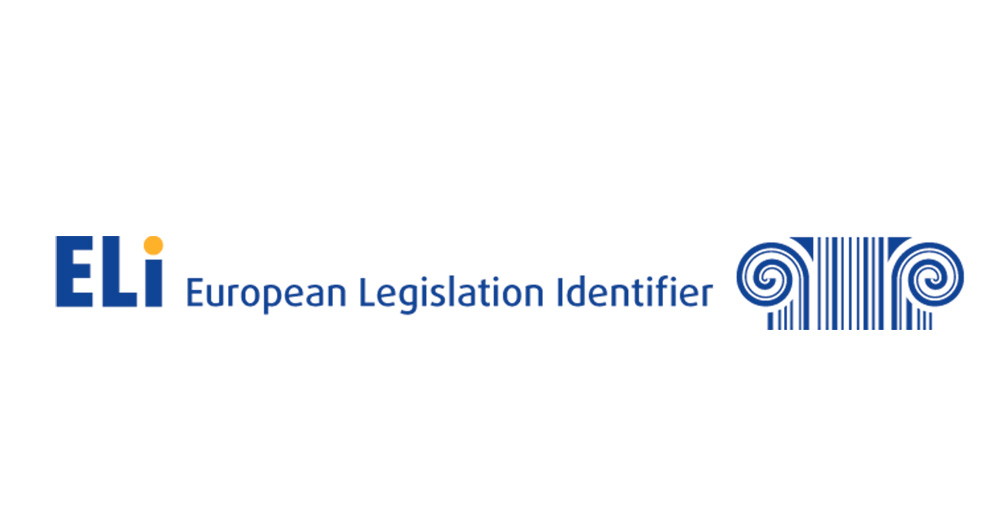5 posts found
Open data on femicide: a fundamental step in the fight against violence against women
Femicide, defined as the gender-based murder of women, remains one of the most extreme forms of violence. In 2023, it is estimated that approximately 85,000 women and girls were murdered in the world and of these, 60% died at the hands of intimate partners or family members, which is equivalent to 1…
Smart destinations as open data generators: barriers and opportunities
A Smart Tourism Destination (ITD) is based on a management model based on innovation and the use of advanced technology to optimise the visitor experience and improve the sustainability of the destination, while strengthening the quality of life of residents. The DTI model is based on a series of in…
European Legislation Identifier (ELI): an opportunity to boost interoperability and reuse of legal texts
Nowadays we can find a great deal of legislative information on the web. Countries, regions and municipalities make their regulatory and legal texts public through various spaces and official bulletins. The use of this information can be of great use in driving improvements in the sector: from facil…
Improving efficiency in the legal sector: LegalTech and data analytics
Digital transformation affects all sectors, from agriculture to tourism and education. Among its objectives is the optimization of processes, the improvement of the customer experience and even the promotion of new business models.
The legal sector is no exception, which is why in recent years…
The gender gap: inequality is also in the data
Today, 8 March is the day on which we commemorate women's struggle to achieve their full participation in society, as well as giving visibility to the current gender inequality and demanding global action for effective equality of rights in all areas.
However, the data seem to indicate that we still…




